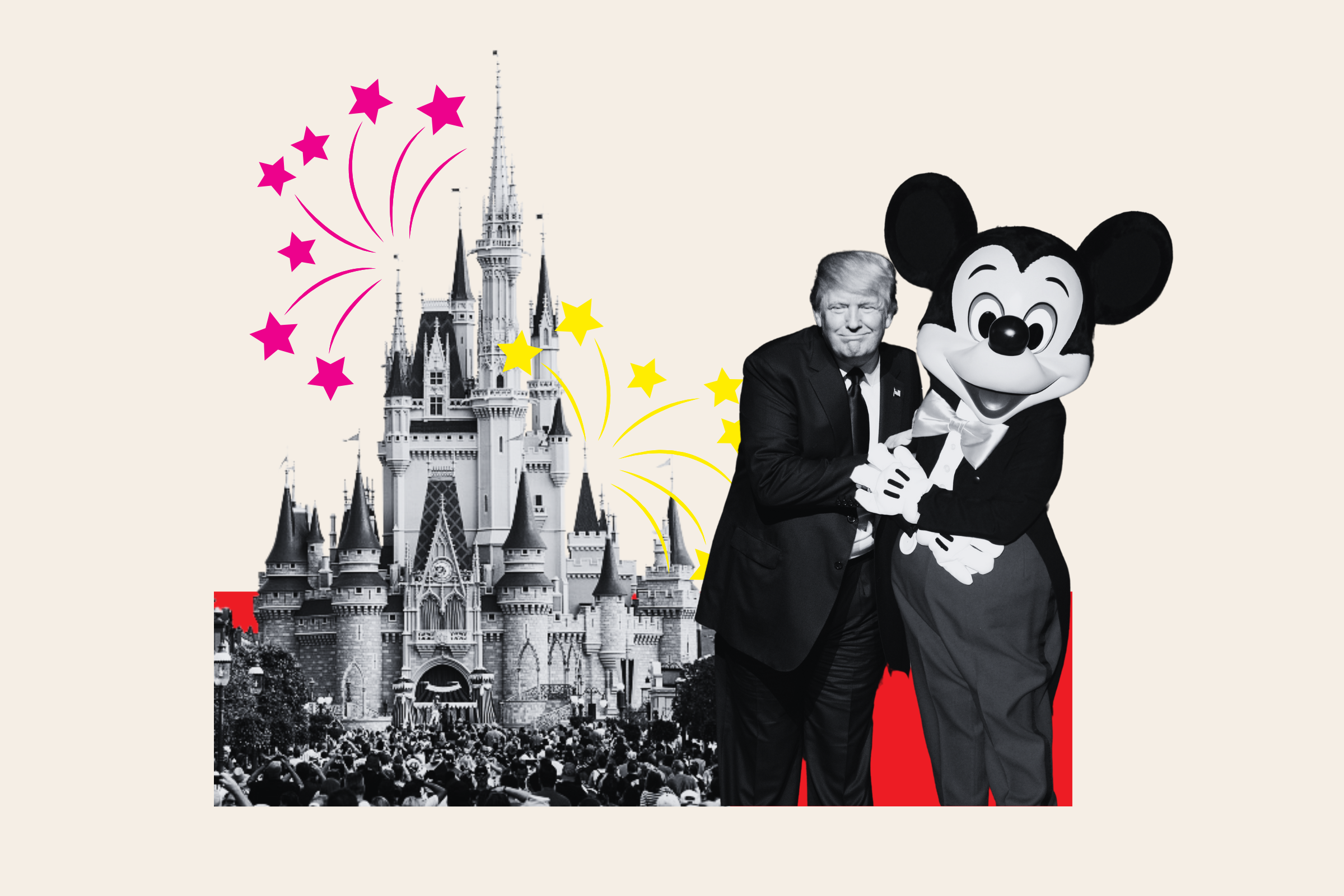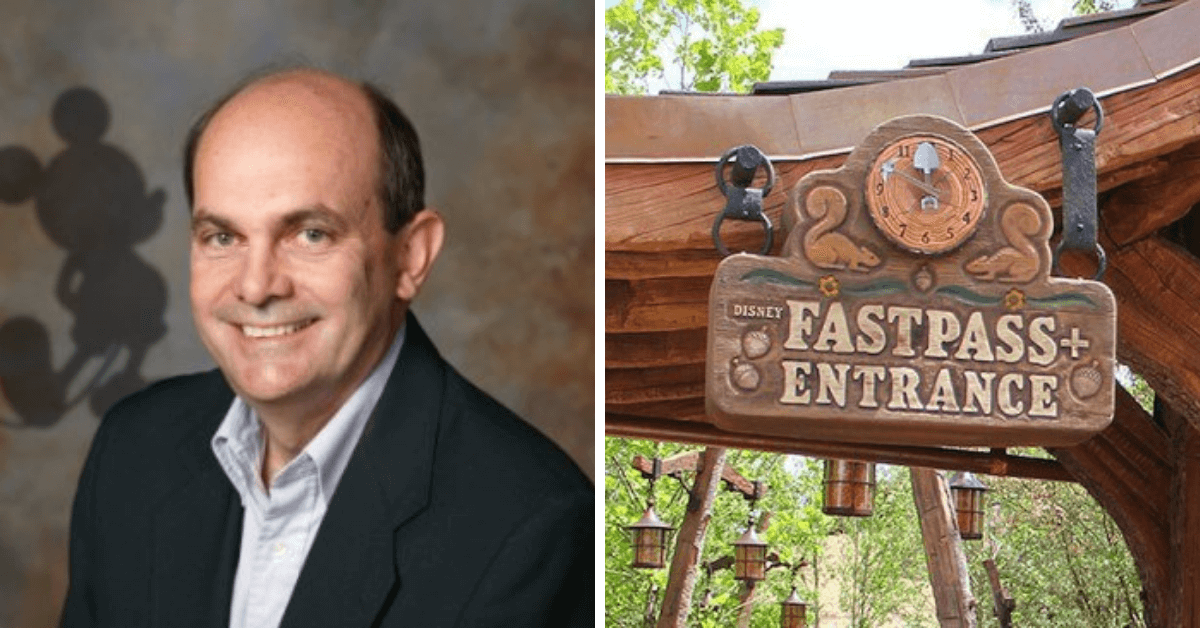- Joined
- Jun 18, 2018
- Messages
- 80,413
- Reaction score
- 85,075
- Gender
- Male
- Political Leaning
- Progressive
"For most of the park’s history, Disney was priced to welcome people across the income spectrum, embracing the motto “Everyone is a V.I.P.” In doing so, it created a shared American culture by providing the same experience to every guest. The family that pulled up in a new Cadillac stood in the same lines, ate the same food and rode the same rides as the family that arrived in a used Chevy. Back then, America’s large and thriving middle class was the focus of most companies’ efforts and firmly in the driver’s seat. That middle class has so eroded in size and in purchasing power — and the wealth of our top earners has so exploded — that America’s most important market today is its affluent. As more companies tailor their offerings to the top, the experiences we once shared are increasingly differentiated by how much we have.
Data is part of what’s driving this shift. The rise of the internet, the algorithm, the smartphone and now artificial intelligence are giving corporations the tools to target the fast-growing masses of high-net-worth Americans with increasing ease. As a management consultant, I’ve worked with dozens of companies making this very transition. Many of our biggest private institutions are now focused on selling the privileged a markedly better experience, leaving everyone else to either give up — or fight to keep up.
Disney’s ethos began to change in the 1990s as it increased its luxury offerings, but only after the economic shock of the pandemic did the company seem to more fully abandon any pretense of being a middle-class institution. A Disney vacation today is “for the top 20 percent of American households — really, if I’m honest, maybe the top 10 percent or 5 percent,” said Len Testa, a computer scientist whose “Unofficial Guide” books and website Touring Plans offer advice on how to manage crowds and minimize waiting in line. “Disney positions itself as the all-American vacation. The irony is that most Americans can’t afford it.”"
Link
I guess most entertainment venues are doing this. Professional sports got the ball rolling years ago with their luxury suites.
I recently filled out a survey for the local professional baseball team about what amenities we'd like to see. I suggested bringing back draft beer. We got more luxury accommodations.
Data is part of what’s driving this shift. The rise of the internet, the algorithm, the smartphone and now artificial intelligence are giving corporations the tools to target the fast-growing masses of high-net-worth Americans with increasing ease. As a management consultant, I’ve worked with dozens of companies making this very transition. Many of our biggest private institutions are now focused on selling the privileged a markedly better experience, leaving everyone else to either give up — or fight to keep up.
Disney’s ethos began to change in the 1990s as it increased its luxury offerings, but only after the economic shock of the pandemic did the company seem to more fully abandon any pretense of being a middle-class institution. A Disney vacation today is “for the top 20 percent of American households — really, if I’m honest, maybe the top 10 percent or 5 percent,” said Len Testa, a computer scientist whose “Unofficial Guide” books and website Touring Plans offer advice on how to manage crowds and minimize waiting in line. “Disney positions itself as the all-American vacation. The irony is that most Americans can’t afford it.”"
Link
I guess most entertainment venues are doing this. Professional sports got the ball rolling years ago with their luxury suites.
I recently filled out a survey for the local professional baseball team about what amenities we'd like to see. I suggested bringing back draft beer. We got more luxury accommodations.


